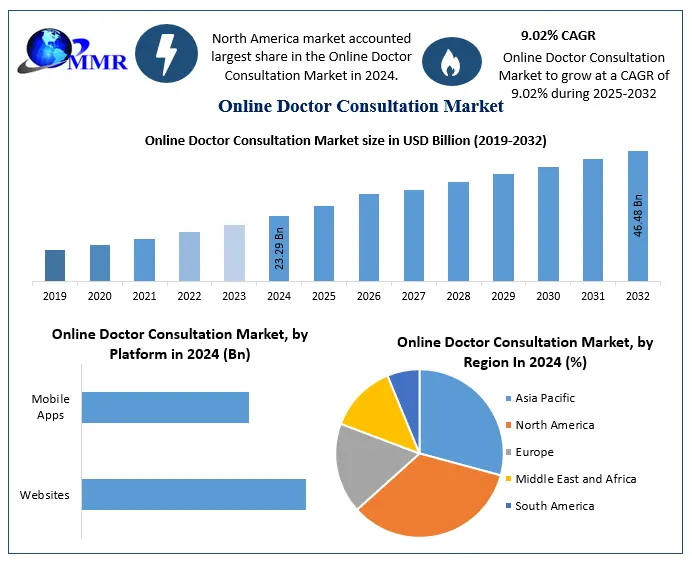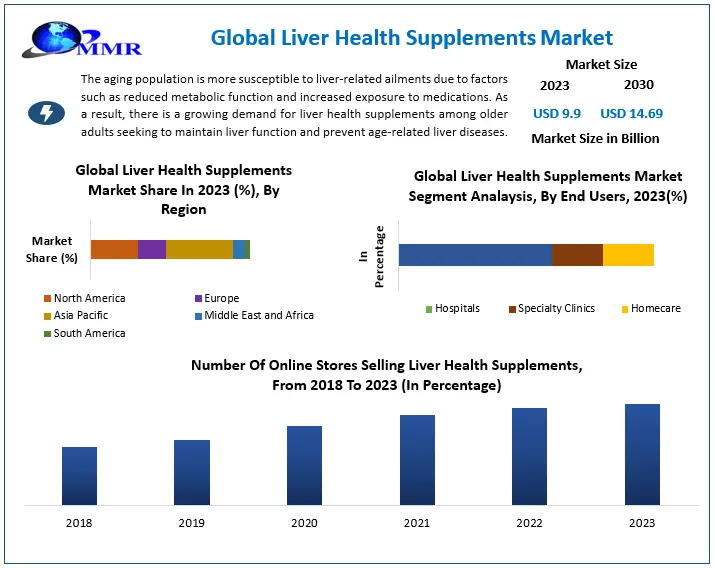Human Genetics Market to Surge to $96.5 Billion by 2030, Driven by Technological Advancements and Personalized Medicine
The Human Genetics Market is poised for significant growth, projected to expand from USD 30.11 billion in 2023 to USD 96.5 billion by 2030, reflecting a robust CAGR of 18.1% during the forecast period. This expansion is fueled by advancements in genetic testing technologies, increased awareness of genetic disorders, and the rising demand for personalized medicine.
Market Estimation & Definition
Human genetics encompasses the study of genetic material, including DNA, RNA, and proteins, and their influence on human traits, diseases, and behaviors. The market includes technologies and services related to sequencing, genetic testing, analysis, counseling, and gene therapy. Applications span personalized medicine, disease diagnosis, drug discovery, and forensic science.
Market Growth Drivers & Opportunities
Technological Advancements: Innovations in genetic testing methods, such as Next-Generation Sequencing (NGS) and CRISPR gene editing, have revolutionized the field, enabling more accurate and efficient analysis.
Personalized Medicine: The shift towards treatments tailored to individual genetic profiles has increased the demand for genetic testing and analysis, improving patient outcomes and treatment efficacy.
Government Initiatives: Governments worldwide are investing in genomic research and infrastructure, recognizing the potential of genetics in improving public health.
Integration of AI and ML: The incorporation of artificial intelligence and machine learning in genetic research accelerates discoveries and enhances the precision of genetic analyses.
Segmentation Analysis
By Sequencing Method:
-
Shot-Gun Sequencing Method: This approach fragments DNA into small pieces for sequencing, allowing for comprehensive genome analysis.
-
De Novo Sequencing Method: Used to assemble genomes without a reference, crucial for studying organisms with no existing genomic data.
By End-User:
-
Hospitals & Clinics: Primary centers for genetic testing and counseling, integrating genetics into routine healthcare.
-
Research & Academics: Institutions conducting fundamental research, driving innovations in genetic technologies.
-
Diagnostic Laboratories: Specialized labs offering a range of genetic tests for disease diagnosis and risk assessment.
By Application:
-
Oncology: Genetic testing identifies mutations associated with various cancers, guiding treatment decisions.
-
Cardiology: Genetic insights help in understanding hereditary heart conditions and tailoring interventions.
-
Neurology: Genetics plays a role in diagnosing and understanding neurological disorders like Alzheimer’s and Parkinson’s.
-
Prenatal Testing: Non-invasive tests detect genetic abnormalities in fetuses, aiding in early diagnosis.
By Product Type:
-
Genetic Testing Tools: Instruments and kits used for collecting and analyzing genetic samples.
-
Software & Services: Bioinformatics tools and platforms for interpreting genetic data.
-
Laboratory Services: Comprehensive services including sample processing, sequencing, and data analysis.
By Genetic Testing Type:
-
Carrier Testing: Identifies individuals carrying genes for inherited disorders.
-
Diagnostic Testing: Confirms or rules out specific genetic conditions.
-
Predictive Testing: Assesses the risk of developing certain genetic disorders.
-
Pharmacogenomics Testing: Determines how genes affect individual responses to medications.
Country-Level Analysis
United States:
The U.S. leads the global human genetics market, attributed to its advanced healthcare infrastructure, significant investments in research and development, and a high adoption rate of genetic testing. The presence of key market players and favorable government policies further bolster the market.
Germany:
Germany stands as a significant player in Europe’s human genetics market, driven by robust research institutions, government support, and a strong emphasis on integrating genetics into clinical practice. Companies like Illumina and Thermo Fisher Scientific have expanded their operations, reflecting the country’s commitment to advancing genetic research.
Competitive Landscape
The human genetics market is characterized by the presence of several key players:
-
Illumina, Inc.: A leader in sequencing and array-based solutions, Illumina continues to innovate in genomic analysis.
-
Thermo Fisher Scientific: Offers a comprehensive portfolio of genetic testing tools and services, supporting research and clinical applications.
-
QIAGEN N.V.: Provides sample and assay technologies for molecular diagnostics, applied testing, and academic research.
-
BGI Genomics: A major player in genomic sequencing services, contributing to large-scale population genomics projects.
-
Myriad Genetics, Inc.: Specializes in molecular diagnostic tests that determine the risk of developing disease, disease progression, and disease recurrence.
These companies are investing in research and development, strategic partnerships, and mergers and acquisitions to strengthen their market positions.
Conclusion
The human genetics market is on a trajectory of rapid growth, propelled by technological advancements, increased awareness of genetic disorders, and the shift towards personalized medicine. As genetic testing becomes more accessible and integrated into healthcare systems, the market is expected to witness sustained expansion. Stakeholders, including healthcare providers, researchers, and policymakers, play crucial roles in harnessing the potential of human genetics to improve health outcomes globally.



